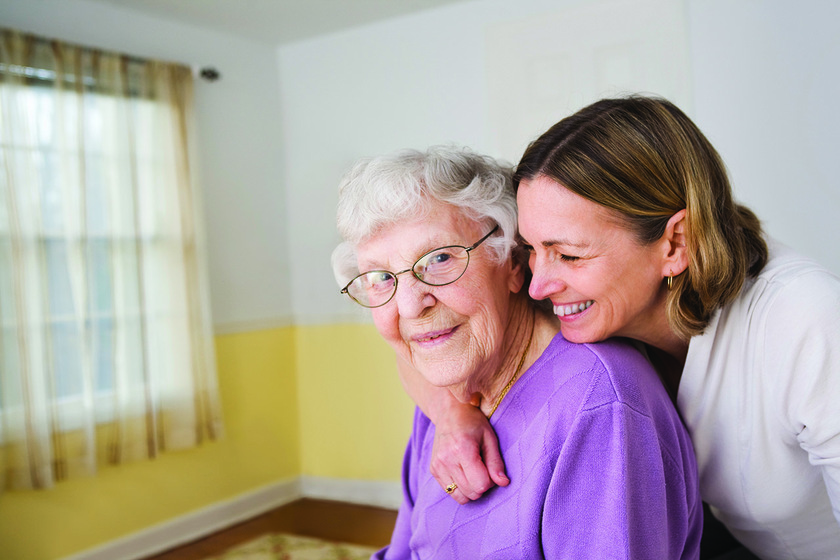In the United States alone, there are more than 5.5 million people coping with dementia, such as Alzheimer’s disease. Most of these people’s primary caregivers are family and friends, numbering in the vicinity of 16 million. The diagnosis of Alzheimer’s disease alters the lives of people affected and their loved ones forever. If you are caring for someone with dementia, find out more about support groups in memory care homes in Garner, NC, and how they can help your loved ones.
Caring for Elders with Dementia
Dementia caregiving can be extremely taxing on the caregiver, who may experience a decline in their own health as a result. Physical health issues can be exacerbated by persistent negative emotions such as guilt, anxiety, and lack of sleep. Isolating oneself from friends and other people is fairly prevalent and can lead to feelings of isolation, fatigue, and despair.
Support Groups in Memory Care Homes in Garner, NC
Anxiety and stress can be managed with the help of a support group’s facilitators, members, and the resources they provide. Reducing stress and minimizing anxiety or exhaustion, the chance to interact with peers who share the same link of problems and bereavement is significant. According to research data, attending a support group can help people feel less alone, learn effective coping mechanisms, and get a sense of mastery or agency over a challenging circumstance.
Those caring for someone with the disease can find community through today’s various support organizations. Multiple avenues of support are available for people who are keen on learning the different ways to better facilitate care and support to individuals with dementia including support groups in memory care homes.
Power of Support Groups
- Be a Part of a Community
You will find a community of people who truly understand your daily problems when you join a support group for dementia or Alzheimer’s caregivers. When you are with individuals who share your interests, concerns, and goals, you can be yourself without feeling the need to provide an explanation for your feelings, thoughts, or actions. One further benefit of attending a support group is that it gives you a location to go to where you will not be judged for sharing your feelings with others. One is reminded that they are not alone in their hardships when their support system acknowledges their own feelings of rage, grief, and defeat.
- Learn Caregiving/Coping Mechanism
Participants in a caregiver support group may be at any point in the caring process. Therefore, a support group meeting is an excellent opportunity to not only learn and exchange tried-and-true caregiving advice but also to learn and exchange coping strategies for yourself. Every conversation with a fellow caregiver is an opportunity to learn something new, whether it is strategies for encouraging your loved one to eat, suggestions for engaging people with Alzheimer’s disease in stimulating activities, or advice on how to calm your racing thoughts and tense muscles.
- Socialization Opportunities
We as a species thrive in group settings. Caring for a loved one on a daily basis can leave you feeling detached from your social life. If you are a caregiver, joining a support group might provide a much-needed weekly dose of socialization away from the house.







